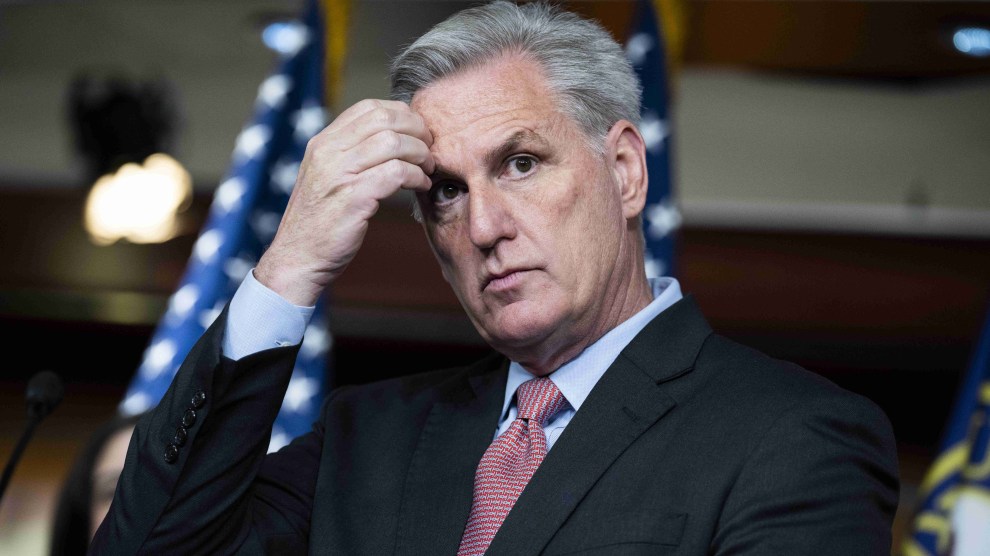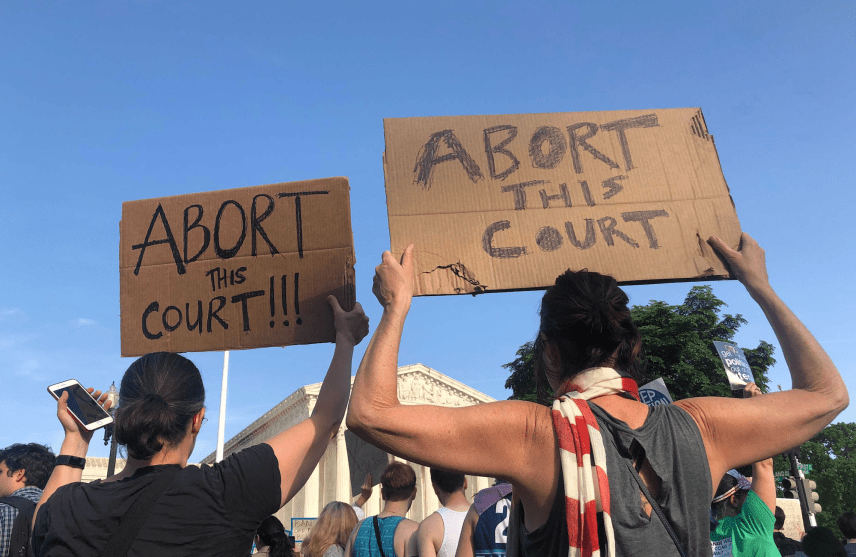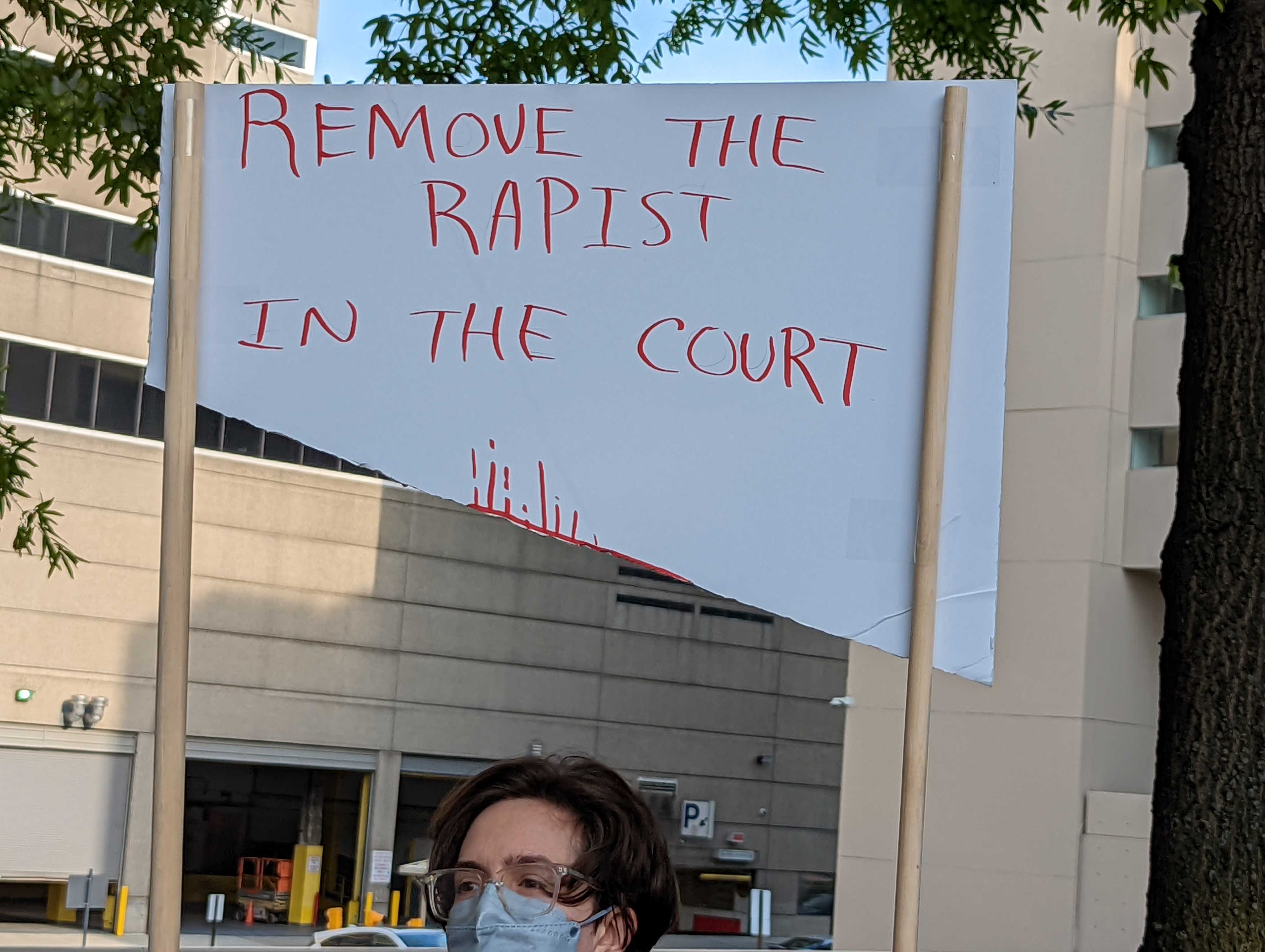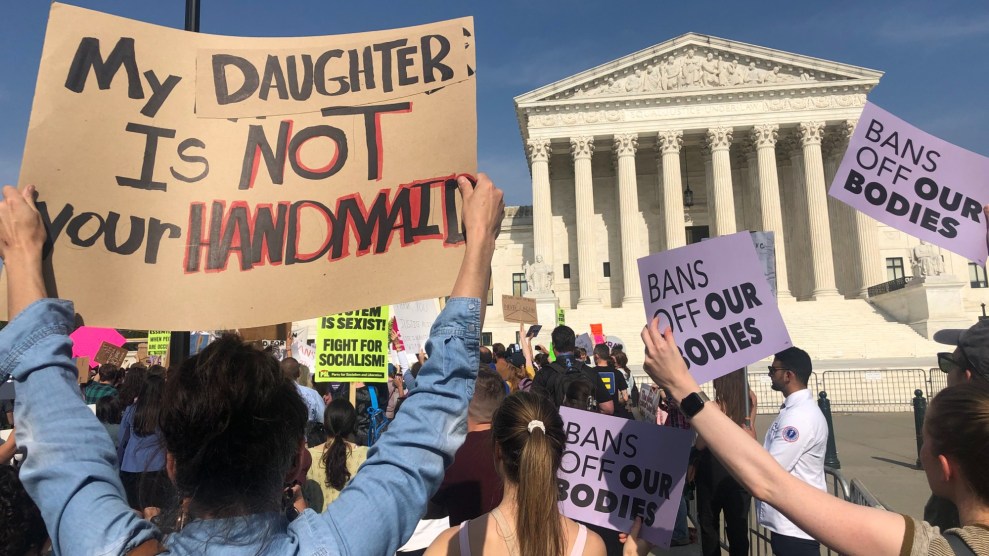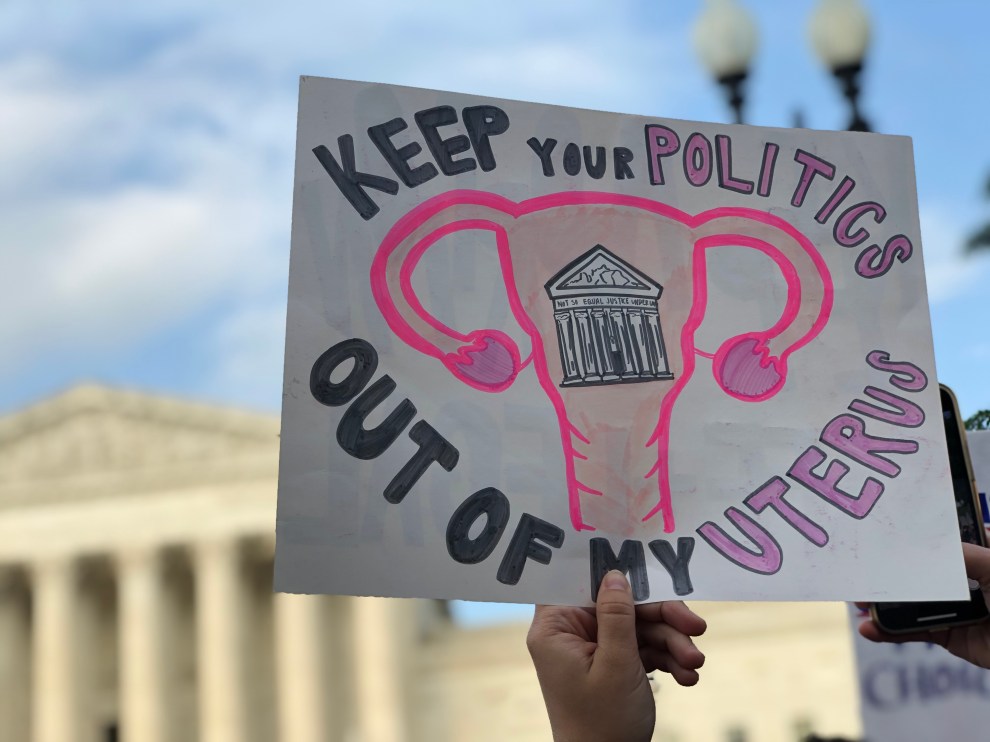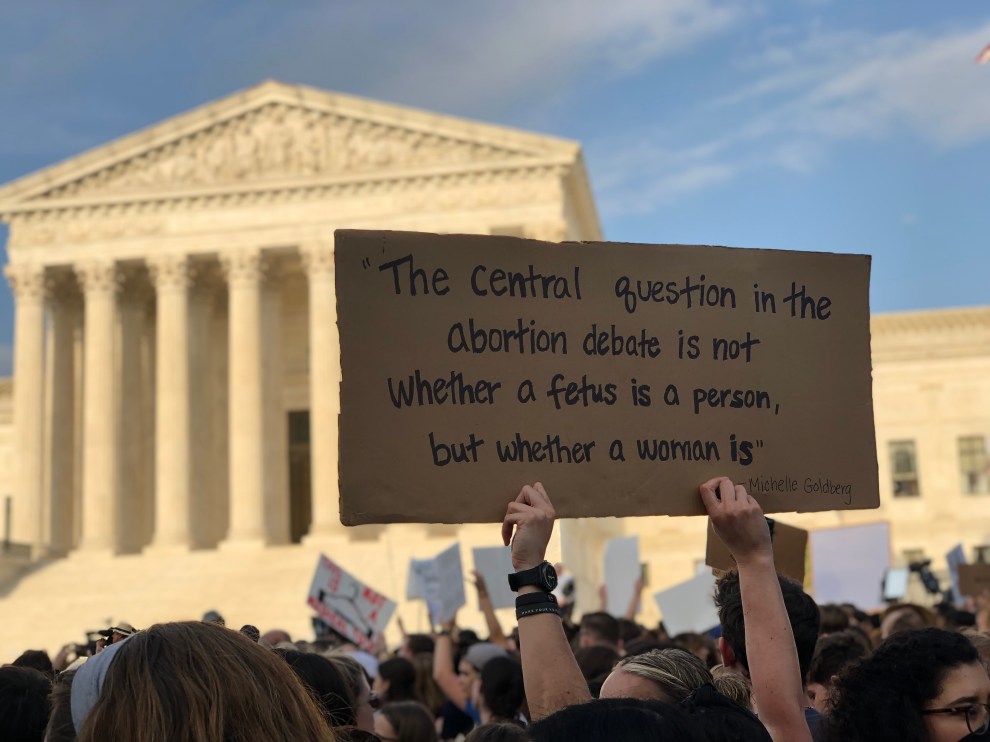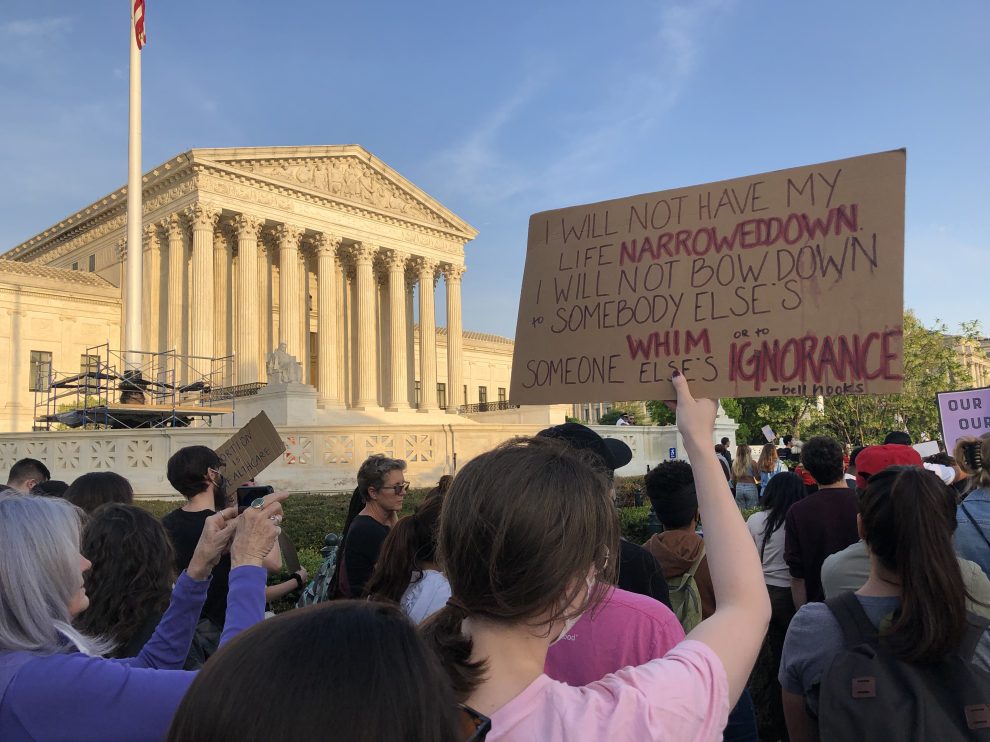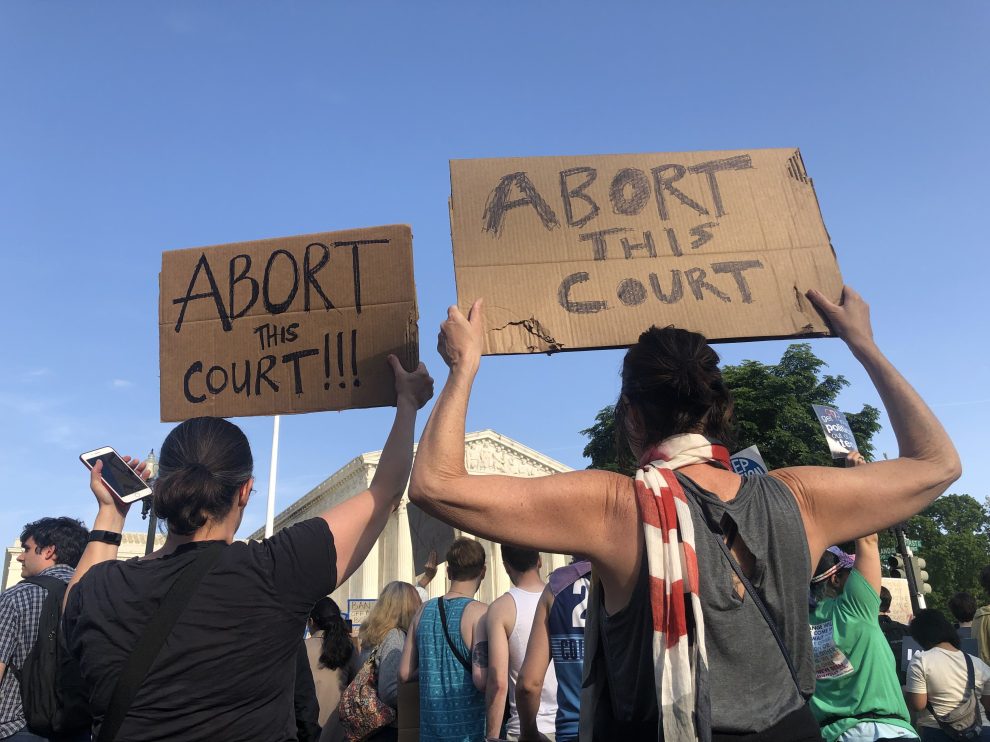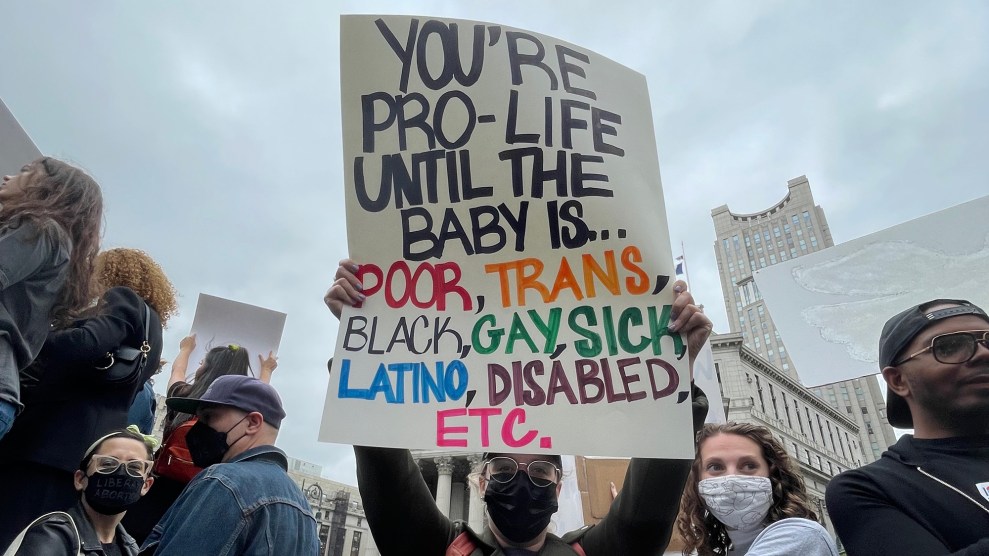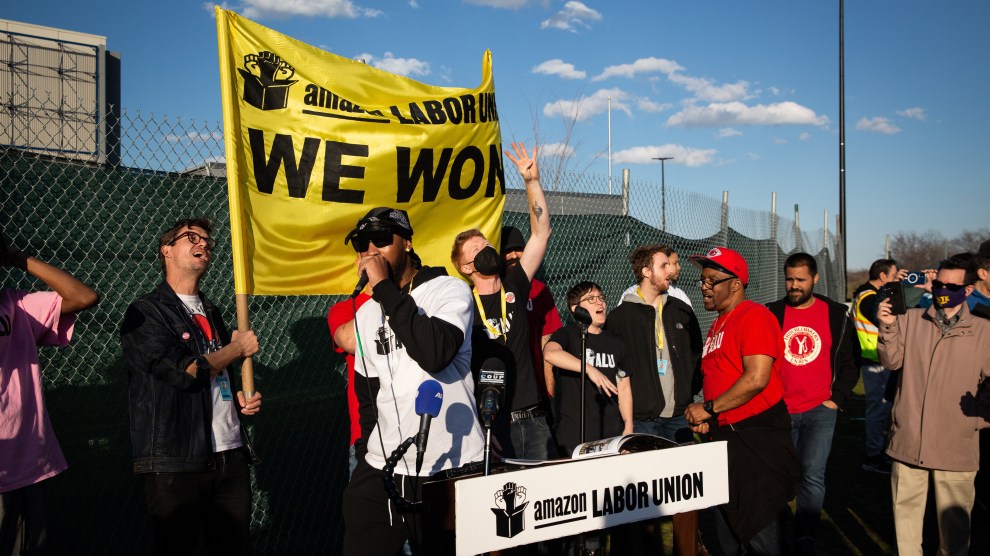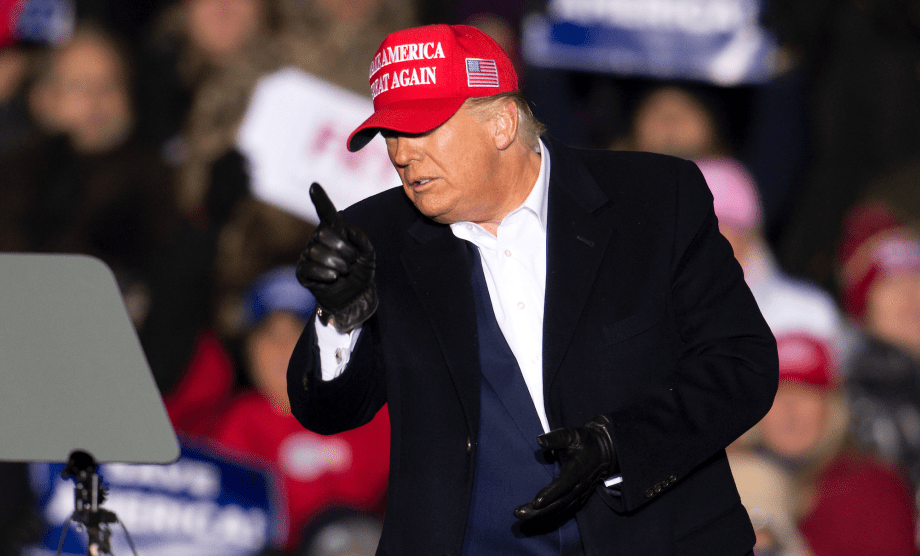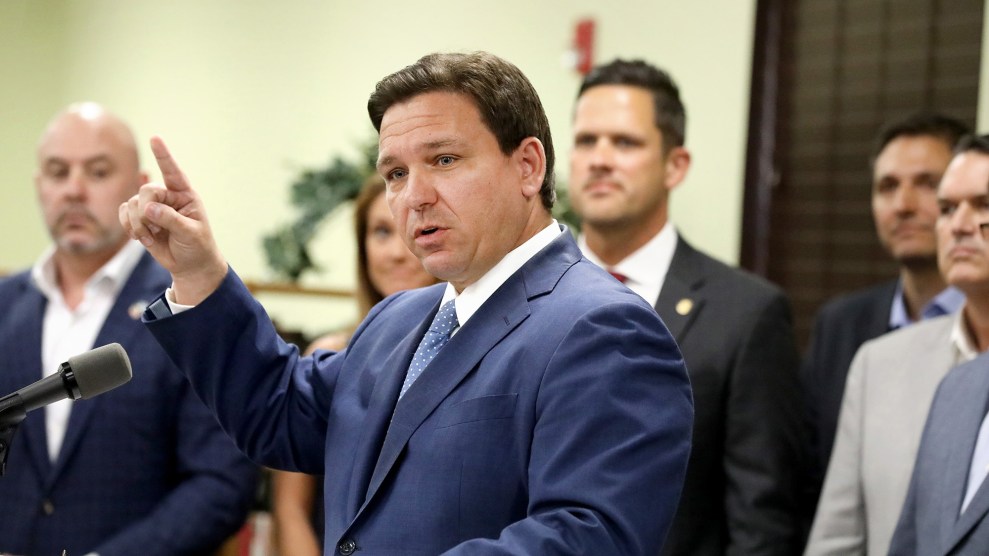
First Lady Jill Biden meets with Ukrainian first lady Olena Zelenska in Ukraine.Susan Walsh/AP
On Sunday, First Lady Jill Biden made an official visit to Ukraine, becoming the latest in a series of high-ranking US officials and political figures to travel to the war-torn country. Biden, who had been on a swing through Eastern Europe, entered Ukraine via Slovakia, which is host to almost 400,000 displaced Ukrainians. The first lady heard several of their stories, according to the Washington Post:
Victoria Kutocha, a mother of three whose husband remained in Ukraine to fight in the military, told Biden of her journey to Slovakia and her outrage at Russia’s explanation for its invasion.
“They come to our land,” she told Biden. “They kill us, but they say we protect you.”
Hugging her 7-year-old daughter, Yulie, Kutocha described the difficulty of explaining to her children why they had to leave their home. “It’s impossible,” she said. “I try to keep them safe. It’s my mission.”
“It’s senseless,” Biden said.
The first lady’s show of support follows visits last week by top House Democrat Nancy Pelosi and other members of Congress. In Ukraine, she had a private chat with Ukrainian first lady Olena Zelenska, telling her Ukrainian counterpart that she “wanted to come on Mother’s Day” to “show the Ukrainian people that this war has to stop.” Zelenska thanked her for the visit and the risks that came with it: “We understand what it takes for the US First Lady to come here during a war when military actions are taking place every day, where the air sirens are happening every day—even today.”
President Biden has yet to visit Ukraine, citing security concerns, but he has worked to shepherd an unprecedented series of multibillion-dollar aid packages to Ukraine in recent weeks. After Congress approved an initial $14 billion delivery of military and humanitarian support, Biden requested an additional $33 billion to back Ukraine’s continued resistance to Russia’s invasion.
“We need this bill to support Ukraine in its fight for freedom,” Biden said at the White House. “It’s not cheap. But caving to aggression is going to be more costly if we allow it to happen.”





